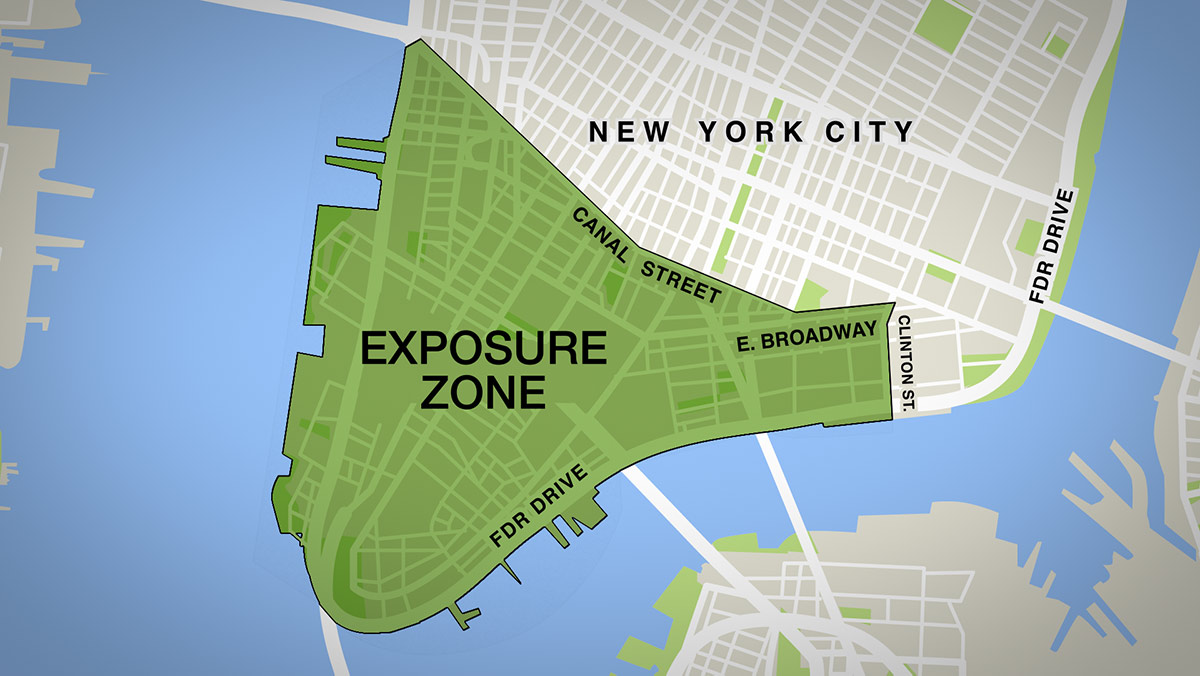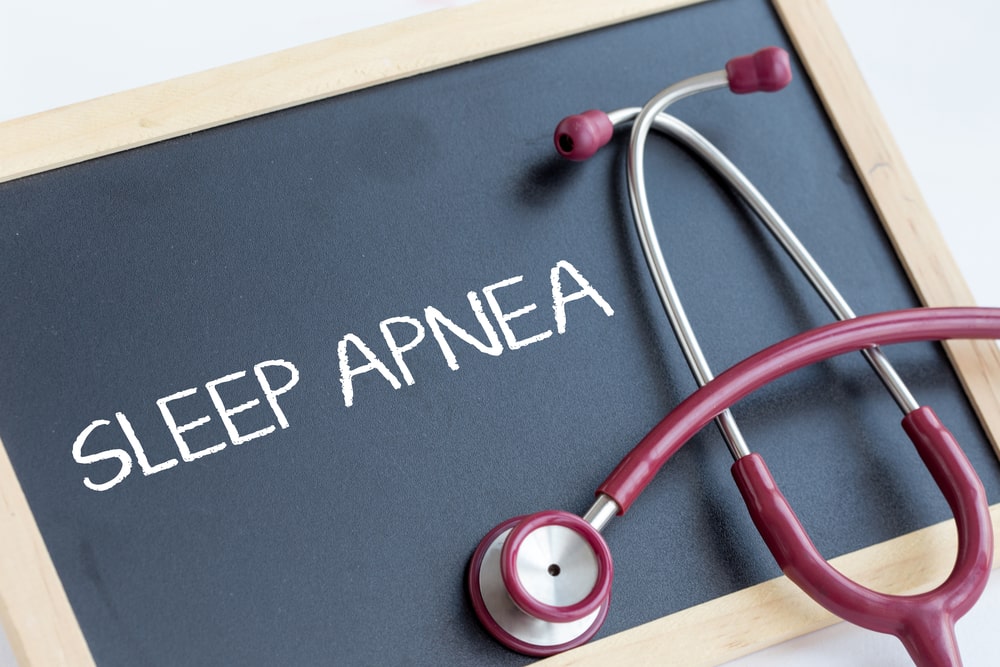
Yes, while the majority of those affected have already filed claims, many have found that more than one 9/11 illness affects their health status over time, possibly making them eligible for further reimbursement. If eligible, collecting payment for a newly added 9/11-related illness is possible through amendment of one’s claim, although additional compensation is not guaranteed with each new condition.
Read on to learn more about the background of the September 11th Victim Compensation Fund, the requirements and process for amending a claim, and how a 9/11 attorney can help clients obtain the full coverage for which they are eligible.
As time passes since the attacks occurred, many victims present at Ground Zero and the other crash sites continue to develop medical conditions associated with the toxic exposures they endured; likewise, the List of Covered Conditions supported by the September 11th Victim Compensation Fund has also been expanded on several occasions to accommodate continued research and evidence linking new conditions with 9/11 exposure. In recognition of victims’ ongoing and evolving needs for long-term coverage, lawmakers last reauthorized the September 11th Victim Compensation Fund to be solvent through an October 1, 2090 filing deadline.
The groundbreaking legislation that established the September 11th Victim Compensation Fund (VCF) paved the way for tens of thousands of people affected by the 9/11/2001 terrorist attacks to claim compensation for injuries, illnesses and other losses they suffered in the crashes and their aftermath. In fact, since the Fund’s initial creation in 2001 and throughout subsequent reauthorizations, more than $17 billion has been awarded in more than 55,000 claims, with over 9,100 claimants receiving upwards of $1.4 billion in 2022 alone.
History of the September 11th Victim Compensation Fund
As a response to the grave injuries and illnesses—physical and emotional—as well as lost lives and financial burdens 9/11 victims, survivors and responders suffered, the federal government created the September 11th Victim Compensation Fund in 2001. The Fund initially operated until 2004, providing crucial financial assistance to those affected by the attacks. During its original run, the September 11th Victim Compensation Fund received more than 7,400 claims and awarded over $7 billion in compensation.
After a seven-year hiatus, upon realization of the growing needs and worsening health effects victims were developing due to toxic exposure, the Fund was reopened in 2011 thanks to passage of the James Zadroga 9/11 Health and Compensation Act, which provided new funding for an expanded September 11th Victim Compensation Fund and established the World Trade Center Health Program (WTCHP).
In 2015, the September 11th Victim Compensation Fund was reauthorized and began accepting claims from survivors who were diagnosed with certain types of cancer and other health conditions linked to the 9/11 attacks, and July 2019’s permanent reauthorization—the Never Forget the Heroes, James Zadroga, Ray Pfeifer, and Luis Alvarez Permanent Authorization of the September 11th Victim Compensation Fund Act—extended the fund for an additional 70 years, through 2090.
Since reopening the Fund in 2011, almost 49,000 additional claimants have been able to collect over $10 billion in critical coverage. As of January 2023, all types of cancer are finally considered 9/11-related illnesses (including uterine and endometrial cancers, which were previously excluded), meaning that certain claimants who were previously denied or limited in their compensation claims are now newly eligible for further benefits.
Amending a VCF claim
While anyone can submit an amendment to their initial injury claim upon new development of a 9/11-related condition or due to a new addition to the List of Covered Conditions, a new diagnosis or inclusion alone does not automatically result in further compensation beyond what they might have already collected. The September 11th Victim Compensation Fund’s FAQ section explains how additional financial compensation is determined:
“. . .The amount of [a] non-economic loss award is not based on the number of certified conditions [one has], but rather on the severity and impact of those conditions on [their] daily life. In many cases, being found eligible for additional conditions will not change the amount of [the initial] award unless the new condition is a cancer and the compensation already awarded was based only on non-cancer conditions.”
If a person seeks additional payment based on these criteria and is determined to be eligible for a bigger award under the September 11th Victim Compensation Fund, they must then file a separate compensation amendment as well. The Fund calculates loss (compensation) based on case-by-case review and analysis.
The process of how to amend a claim with a new 9/11-related illness is complex, requiring extensive documentation of medical history, accounting of expenditures, evidence of impact on one’s life and other details. Without following instructions carefully, legitimate claims could be denied, preventing or delaying crucial coverage. Support from a 9/11 attorney who dedicates their practice to guiding clients through these complicated steps could mean the difference between having to deal with denials and appeals and resubmissions and approval upon one’s initial amendment filing.
Rely on guidance from an experienced 9/11 lawyer when amending a September 11th Victim Compensation Fund claim
Receiving a new diagnosis related to 9/11/2001 toxic exposure or learning that a previously diagnosed condition is now covered by the September 11th Victim Compensation Fund can have enormous implications for those still suffering the effects after all these years—as can the possibility for additional financial coverage and other invaluable benefits. The attorneys of Weisfuse & Weisfuse LLP are dedicated to helping survivors collect the full compensation for which they are eligible. Learn more about our comprehensive services today—schedule a free consultation by calling 212-983-3000 or by contacting us online.






